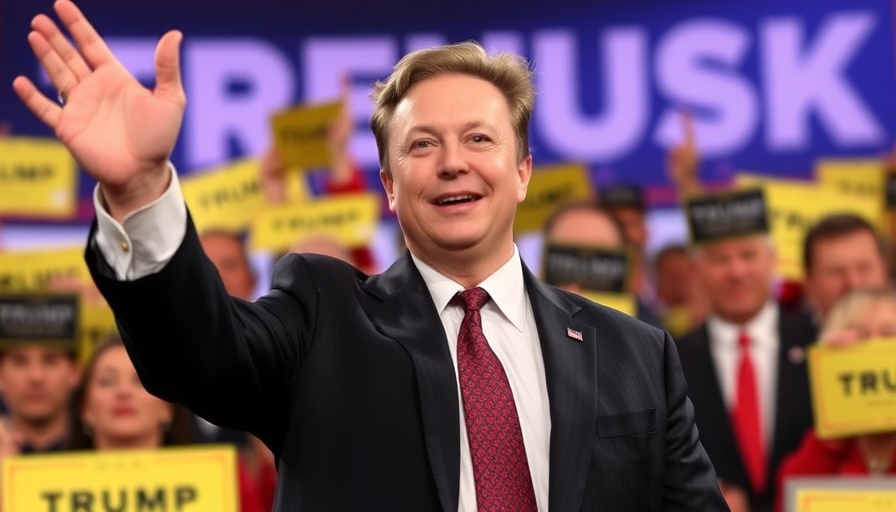
Creating a Smart Unit Converter: An Introduction
In today's technologically driven world, Python has emerged as a powerful tool for developers aiming to build practical applications with cultural and societal relevance. The latest project for many tech enthusiasts is the creation of a smart unit converter. But beyond just functionality, how does this project reflect societal changes brought about by technology? By leveraging libraries like Tkinter, developers can design interactive GUI applications that simplify complex tasks, thereby enhancing accessibility in daily life.
The Role of AI in Simplifying Conversions
The integration of AI within applications extends beyond simple computations. As reported by tech experts, AI has the potential to transform how these tools are utilized across various sectors, from education to governance. An intelligent unit converter could relate measurements in scientific fields to practical applications in social justice, thereby illustrating AI's impact on societal perceptions of equality and access to information.
Ethical Considerations in AI-driven Applications
As with any technological advancement, the development of AI-integrated tools raises important ethical questions. Concerns about AI job automation are at the forefront, given the rapid pace of change in the workforce landscape. It's essential for developers to consider how their applications might contribute to or alleviate social inequality. Building a smart unit converter can serve as both an educational tool and a means to foster discussions on the implications of AI in our everyday lives.
The Societal Changes Influenced by Technology
Beyond the confines of coding, applications like smart unit converters echo larger societal shifts. Tech initiatives increasingly emphasize AI for social good, with projects designed to empower communities and democratize access to technology. Developers have the opportunity to play a critical role in shaping technology's intersection with human rights and social issues, encouraging a more equitable digital landscape.
Conclusion: The Future of AI and Society
The act of building a smart unit converter is more than just a coding exercise; it is a reflection of how technology, particularly AI, intertwines with socioeconomic factors and cultural influences. Developers must think critically about the broader implications of their work, ensuring that as technology evolves, it does so in a manner that promotes fairness and accessibility. By engaging with the impact of AI on society, we take meaningful strides towards ensuring that innovations serve the collective good.
 Add Row
Add Row  Add
Add 




 Add Row
Add Row  Add
Add 



Write A Comment